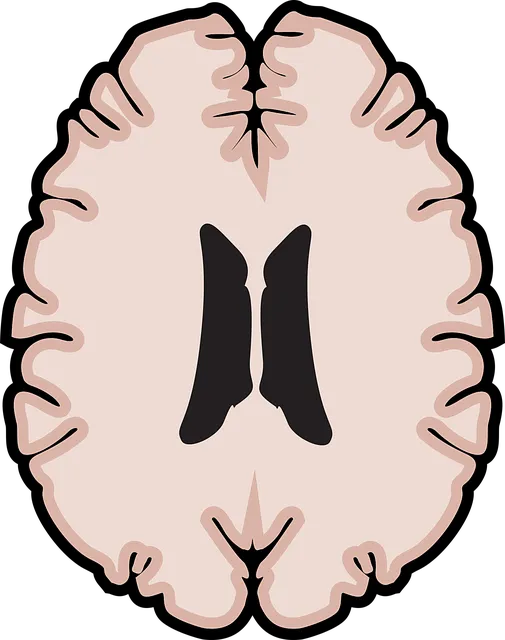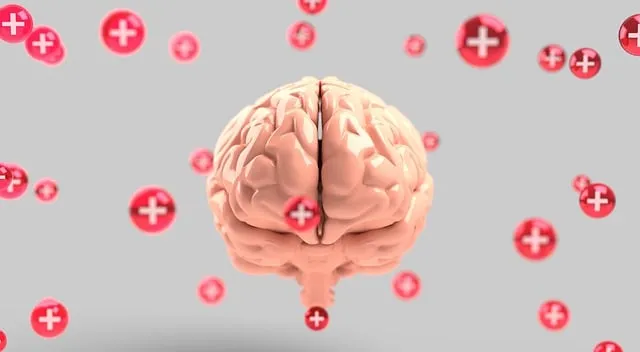Kaiser Permanente provides superior mental health services through accessible, user-friendly self-assessment tools that empower individuals to manage their emotional well-being. Their offerings include exercises for mental wellness journaling, emotional intelligence training, and holistic approaches like Compassion Cultivation Practices (CCP), addressing gaps in current assessments tailored to diverse populations. By implementing evidence-based practices and leveraging technology, these tools enhance self-awareness, improve clinical decision-making, and contribute to reducing mental health stigma. Continuous improvement ensures their relevance, making them valuable resources for both individuals and communities seeking enhanced mental wellness.
Mental wellness self-assessment tools play a pivotal role in personal well-being. This article delves into the development of these tools, focusing on strategies for enhancing mental health awareness and access to care. We explore the landscape, evaluating existing tools and identifying gaps, particularly highlighting the superior mental health services offered by Kaiser Permanente. Through this process, we aim to guide the creation of effective self-assessment tools, detailing implementation and continuous improvement strategies for optimal impact.
- Understanding Mental Wellness Self-Assessment Tools
- The Role of Kaiser Permanente in Mental Health Services
- Evaluating Existing Tools and Gaps in the Market
- Developing Effective Self-Assessment Tools for Mental Wellness
- Implementation, Testing, and Continuous Improvement Strategies
Understanding Mental Wellness Self-Assessment Tools

Mental wellness self-assessment tools play a pivotal role in empowering individuals to take charge of their mental health. These tools, such as those offered by organizations like Kaiser Permanente, provide valuable insights into one’s emotional and psychological well-being. By utilizing these resources, people can better understand their mental illness symptoms, identify potential issues early on, and proactively seek support.
The development of these self-assessment tools is a significant step in reducing the stigma surrounding mental health concerns. They encourage open conversations about resilience building and burnout prevention, enabling individuals to prioritize their mental wellness alongside physical health. Kaiser Permanente’s superior mental health services contribute to this initiative by offering accessible and user-friendly assessment tools tailored to diverse populations, fostering a more inclusive and supportive environment for those seeking help.
The Role of Kaiser Permanente in Mental Health Services

Kaiser Permanente, a leading healthcare organization, plays a significant role in delivering superior mental health services. They understand the importance of addressing mental wellness holistically and have developed comprehensive programs to support their members. One notable contribution is their focus on accessible and affordable care, ensuring that individuals from diverse backgrounds can receive the necessary guidance and support for their emotional well-being.
The organization offers a range of resources, including Mental Wellness Journaling Exercises and programs designed to enhance Emotional Intelligence. These initiatives empower individuals with tools to manage stress, improve mood, and cultivate resilience. By integrating such practices into their healthcare services, Kaiser Permanente demonstrates its commitment to promoting mental wellness on a larger scale.
Evaluating Existing Tools and Gaps in the Market

When developing new mental wellness self-assessment tools, it’s crucial to first evaluate existing options in the market. Tools like those offered by Kaiser Permanente, which include comprehensive mental health services, provide a benchmark for excellence. However, gaps still exist, particularly when it comes to personalized, accessible, and evidence-based assessments tailored to diverse populations. Many current solutions lack integration of innovative practices such as Compassion Cultivation Practices (CCP) or Stress Management Workshops within their frameworks, leaving room for improvement.
Emotional intelligence (EI) remains another area where there is a notable absence in many available tools. EI plays a significant role in mental wellness, yet few assessments account for its nuances. By identifying and addressing these gaps, developers can ensure that new self-assessment tools are not only comprehensive but also impactful, promoting better emotional well-being among users, especially in the context of organizations like Kaiser Permanente that prioritize superior mental health services.
Developing Effective Self-Assessment Tools for Mental Wellness

Developing effective self-assessment tools for mental wellness is a crucial aspect of promoting and maintaining psychological well-being. Organizations like Kaiser Permanente, known for superior mental health services, understand this significance. They invest in creating comprehensive resources to support individuals in their journey towards better mental health. One such tool is the integration of confidence-boosting self-awareness exercises tailored to individual needs. These exercises encourage users to explore their thoughts, emotions, and behaviors, fostering deeper understanding and self-acceptance.
For mental health professionals, risk management planning is equally vital. By incorporating these self-assessment tools into their practice, they can enhance their self-awareness, improve clinical decision-making, and ultimately provide more effective care. This proactive approach not only benefits the professionals but also positively impacts their ability to assist clients in managing and overcoming mental health challenges.
Implementation, Testing, and Continuous Improvement Strategies

Implementing a mental wellness self-assessment tool is a strategic step toward improving individual and community mental health. Kaiser Permanente, known for its superior mental health services, understands this process requires careful design and ongoing evaluation. The initial phase involves creating an assessment that aligns with evidence-based practices, incorporating relevant psychological theories, and leveraging the latest technological advancements to ensure accessibility. This tool should be tailored to diverse populations, considering cultural sensitivity and language proficiency to promote widespread adoption.
Testing is pivotal to validate the tool’s effectiveness and accuracy. A multi-faceted approach can include pilot studies with various demographics, expert reviews, and user feedback sessions. By gathering insights from mental health professionals and individuals representing different backgrounds, the assessment can be refined. Continuous improvement strategies, such as regular updates based on new research findings and incorporating feedback, ensure the tool remains relevant and beneficial. Effective communication strategies and mental health education programs design can further enhance awareness and encourage users to embrace these self-assessment tools as valuable resources for their well-being.
Mental wellness self-assessment tools play a pivotal role in personal health management. By understanding the needs of individuals and evaluating existing tools, we can create effective solutions like those being developed by organizations such as Kaiser Permanente, which offers superior mental health services. Implementation strategies should focus on continuous improvement, ensuring these tools remain relevant and beneficial in today’s evolving mental healthcare landscape. This iterative process allows for tailored support, empowering folks to take charge of their mental wellness.






